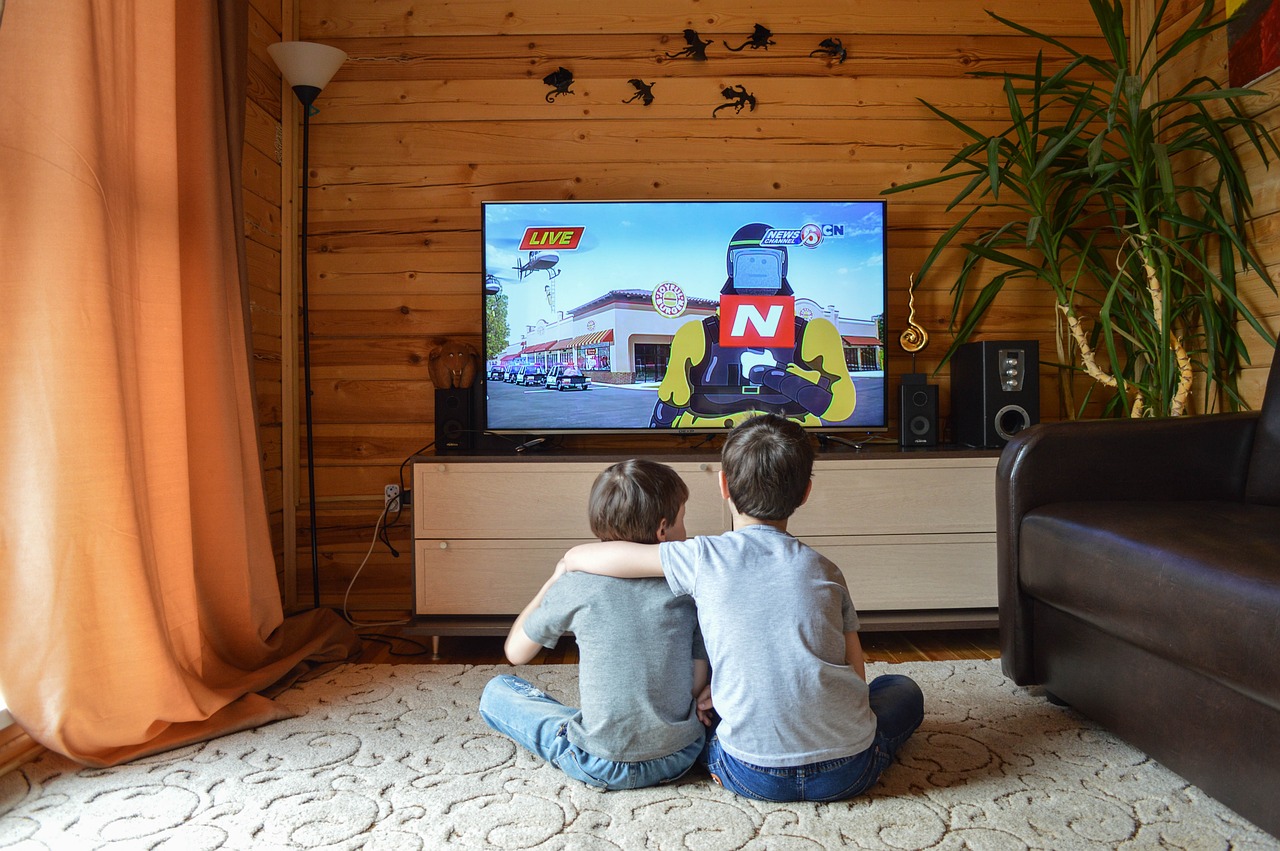Soap operas have long captivated audiences, weaving tales of love, betrayal, and drama across screens. Originating in the early 20th century, this genre has evolved into a global phenomenon, influencing television storytelling and culture. This article delves into the history, appeal, and enduring legacy of soap operas, exploring why they continue to resonate with viewers today.
The Origins of Soap Operas
The term “soap opera” traces its roots to the early days of radio and television when these serial dramas were often sponsored by soap manufacturers. In the 1930s, radio programs began to adopt a format of continuous storytelling, and these melodramatic narratives targeted housewives, a demographic that was largely underserved at the time. By the 1950s, soap operas made a successful transition to television, with shows like Guiding Light and As the World Turns becoming staples of daytime programming.
The early soaper tv often featured domestic settings, focusing on the lives and struggles of women. The name “soap opera” became synonymous with these melodramatic narratives that explored romantic entanglements, family dynamics, and societal issues. Over the years, the genre has expanded to include a wider range of themes and characters, reflecting the changing social landscape.
The Appeal of Soap Operas
Engaging Storytelling
One of the primary reasons soap operas have maintained their popularity is their ability to tell engaging, often exaggerated stories that draw viewers in. The serialized format encourages audience investment; viewers become emotionally attached to the characters and their journeys. Each episode ends with cliffhangers, ensuring that fans return for more, eager to see how the stories unfold.
The narratives often revolve around universal themes such as love, loss, and conflict, allowing viewers to relate to the characters on a personal level. The dramatic twists and turns keep the audience guessing, and the emotional highs and lows create an addictive viewing experience.
Representation and Diversity
Over the decades, soap operas have evolved to include a more diverse range of characters and storylines. This shift has allowed these shows to address contemporary social issues such as race, gender, and sexuality. By featuring characters from various backgrounds and experiences, soap operas have become a platform for representation, allowing underrepresented voices to be heard.
For example, shows like The Bold and the Beautiful have introduced LGBTQ+ characters and storylines, reflecting changing societal attitudes and fostering inclusivity. As a result, soap operas have become more relevant to a broader audience, appealing to new generations of viewers. soaper tv
Escapism and Comfort
Soap operas often serve as a form of escapism for viewers. The melodramatic plots and larger-than-life characters allow audiences to step away from their everyday lives and immerse themselves in the fictional world of the show. For many, tuning in to their favorite soap opera is a comforting ritual, providing a sense of familiarity amidst life’s uncertainties.
The consistent scheduling of daytime soap operas has also contributed to their status as comfort television. Viewers can rely on their favorite shows to be there at the same time each day, creating a sense of routine and connection.
The Evolution of Soap Operas
Changes in Format
As television viewing habits have shifted, soap operas have adapted to stay relevant. The rise of streaming services and on-demand viewing has changed how audiences consume content. Some soap operas have begun to release episodes online, catering to viewers who prefer to watch on their own schedule. This transition has also allowed shows to experiment with shorter formats, creating mini-series or webisodes that appeal to a younger audience.
Social Media and Fan Engagement
The advent of social soaper tv media has transformed the way soap operas interact with their fans. Platforms like Twitter, Instagram, and Facebook allow viewers to engage with their favorite shows and characters in real-time. Actors and production teams often use social media to connect with fans, providing behind-the-scenes content, sneak peeks, and opportunities for fan interaction.
This engagement has fostered a sense of community among viewers, allowing them to discuss plotlines, share theories, and celebrate their favorite moments together. The real-time feedback and interaction can also influence storylines, as producers take note of audience reactions to particular characters or arcs.
A Global Phenomenon
Soap operas are no longer confined to American television. The genre has expanded globally, with countries around the world producing their own versions. From the telenovelas of Latin America to the Turkish dramas that have gained popularity worldwide, soap operas have transcended cultural boundaries. soaper tv
These international soap operas often reflect the unique social dynamics and cultural values of their respective countries, creating a rich tapestry of storytelling that resonates with local audiences. The success of these shows demonstrates the universal appeal of the soap opera format, proving that love, drama, and intrigue are truly global themes.
The Future of Soap Operas
Despite the challenges posed by changing viewing habits and competition from other forms of entertainment, soap operas continue to endure. Their ability to adapt and evolve in response to audience preferences is a testament to the genre’s resilience.
As the landscape of television continues to shift, soap operas may explore new storytelling techniques, such as incorporating elements of reality television or integrating more interactive components. The focus on character-driven narratives and emotional storytelling will remain at the core of the genre, ensuring that soap operas continue to captivate audiences.
Conclusion
Soap operas have weathered the storms of changing societal norms and television trends, maintaining their place in popular culture. With their rich history, engaging storytelling, and ability to adapt, these serial dramas continue to resonate with viewers around the world. As they evolve and grow, soap operas will undoubtedly remain a beloved form of entertainment, offering audiences a window into the complexities of human relationships and emotions. Whether through traditional daytime programming or innovative new formats, the legacy of soap operas is sure to endure for generations to come.
